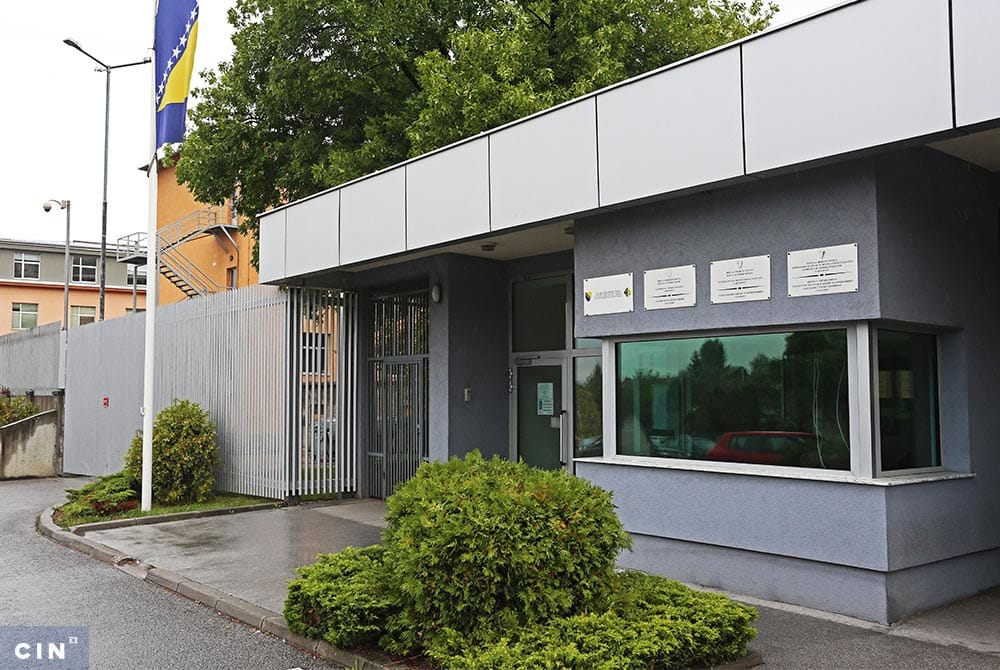From next year, the High Judicial and Prosecutorial Council (HJPC) will introduce the new electronic system of online submission and publication of asset declarations of judges and prosecutors.
HJPC has adopted a Rulebook about submitting, review and processing of financial reports of judges and prosecutors which sets out, among other things, how members of judiciary will have to declare their and their family members property holdings every year.
The new system should become operative on January 1, 2019.
Records which should soon become publicly available concern income from the regular and other paid activities; records about property holdings and vehicles; the time and manner of their acquisition and the purchase price; other property and funds over 5,000 KM, as well as gifts and donations worth more than 25 KM that had been received in the course of their work, as well as those given in private and valued at more than 500 KM.
Judges and prosecutors will also have to submit information about all investments and shares, obligations and debts they had, as well as the activities for which they did not report receiving money, but must be reported “with the goal of conflict of interests prevention”. Apart from their assets, HJPC will oblige members of judiciary to enumerate all their relatives working for judiciary.
However, these records will not be made publicly available. According to the rulebook, only the first and last names of judges and prosecutors will be publicly revealed. Also, the amounts on their bank accounts will not be revealed either.
The rulebook allows family members to refuse to declare their property, but it is not spelled out under which circumstances will this be possible, or which are valid reasons for the refusal.
According to the rulebook, HJPC will conduct formal, regular and surprise inspections of financial reports, to establish if the income justifies the spending and will look into sources such as land records, tax, judicial and other forms of record-keeping.
Inaccurate records and other inaccuracies in the declaration will be reported to a disciplinary prosecutor.
Three years ago, HJPC refused to share asset declarations of judges and prosecutors requested by reporters from the Center for Investigative Reporting (CIN) in Sarajevo and N1 TV station, even though the Ombudsmen for Human Rights concluded that such information does not qualify as classified.
HJPC explained that the required records contain personal information about spouses and children of members of judiciary and that publishing those records would represent a breach of privacy of third parties. It refused to make these records available without such personal information, with an explanation that records about property holdings contains personal data that is protected by the Law on Protection of Personal Data.







